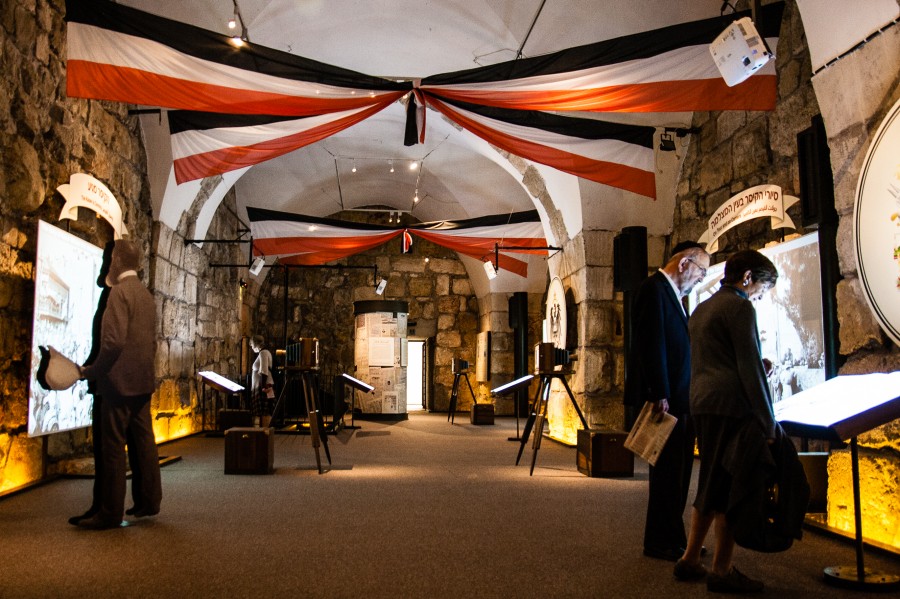Bought myself a new camera. Took a stroll around Volkspark Friedrichshain in Berlin. It took rougly 1 minute and 32 seconds to fall in love with the camera.*
Rico Grimm
text. social media. moderation. foto.



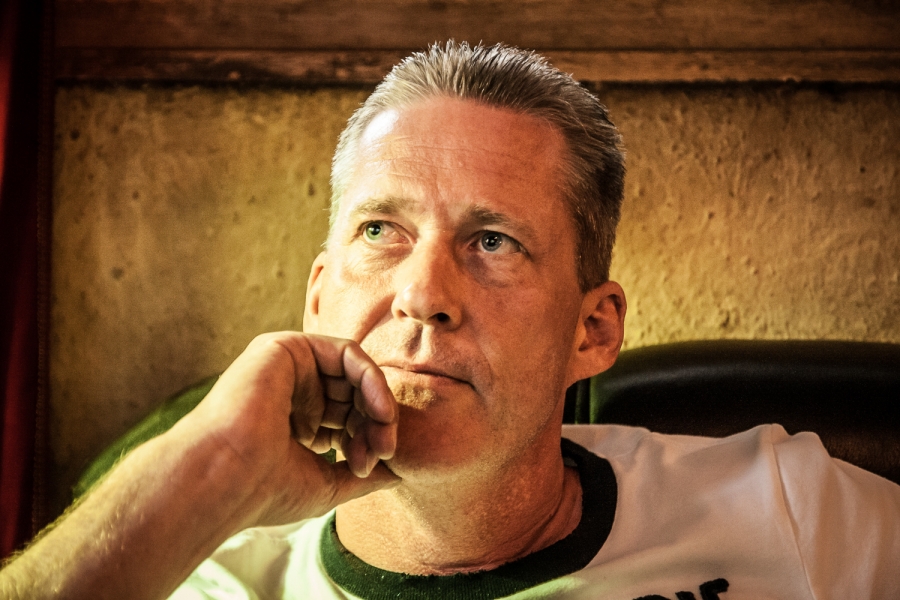

Behrens joined the police straight after his A-Levels in October 1987. He was trained and soon started to work in the “fraud”-department. “I did very exciting things such as handling delays in filing bankruptcy petition”, he says ironically. For him this work meant too less of the real police work: getting out, talking to people, interrogating them. “We came with a horde of tax accountants to collect files and binders.” He soon switched departments. Since 20 years he is working now in the homicide department – and there was this one case he could not forget.
He was still a greenhorn in February 1993 as a man walked into a car shop in Berlin, entered the office, drew a shotgun and killed Doris Kirche, an employee at the firm since 25 years. She was an ordinary women in the Mid-Fifties and did impeccable work. Behrens and his colleagues did not know why somebody would shoot her. They looked for evidence, crumbs of clues. They did not find a thing.
“At one point I almost did not care anymore who shot her, I only wanted to know why this women had to die”, he says. Her death made no sense. Five years later they follow a new lead and they can arrest the murderers. Doris Kirche had to die because she did not want to move out of her apartment. Her landlord wanted to charge more rent but he could only do that if she moves out. So, he had her killed. If an episode of Tatort would feature such a plot line people would debunk it as a utter nonsense. But, well, here it is. Sometimes reality is banal.
Uwe Behrens, however, is not a fan of Tatort. He loves the US-show Dexter. It is about a homicide detective who hunts down murderers at daytime and kills other people at night.

This is John Dyke. He grew up in Melbourne, Australia and lives now as a singer in Berlin which is nothing special. Berlin is, thankfully, full of musicians. But Dyke is somewhat special because he does not live in Neukölln or Kreuzberg – he bought a house in the middle of the city and lives there now with wife, kids and a garden. And he sings about that life – in German.
It was 20 years ago when he first came here. He worked for the percussion company Sonor. And one day he walked into a bar and ordered a beer. “It was awesome to see that you order a beer in Germany and somebody only draws a line on your beermat to count the number of beers you had. The people trusted each other. Something like that would be unthinkable in England.”
John Dyke fell in love with the country. He stayed and is now something like a culture ambassador of it. The ‘Goethe-Institut’ is dedicated to promote German language and culture in the world and regularly books him for events from Usbekistan to New York.
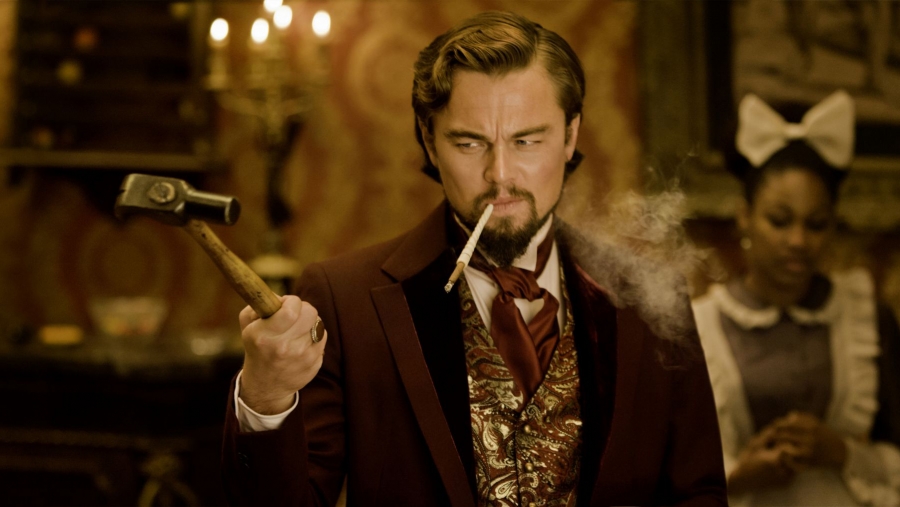
This is a very interesting read.For Germans, Americans, Israelis, Palestinians, Australians, Kurds, Turks. For everyone, actually. Because – without questioning the singularity of events – I cannot think of one nation who did not stomp over other peoples rights in its history. (If you can, let me know) Inflicting sorrow to their fellow humans is a common trait of all people. Take that into account, try to fully understand what it means that there is no “good nation”, no “light unto the nations”, no “God’s own country”, that in the end nations always do good *and* bad – it becomes a lesson of humbleness you can not forget nor ignore. That is why coming to the terms with the past is so important.
Photo: Scene from “Django Unchained”
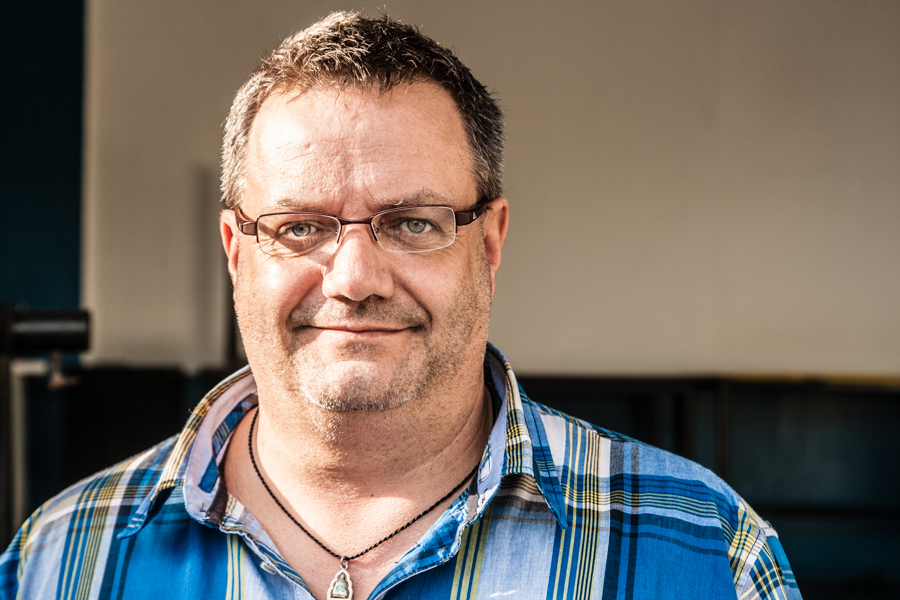
This is Gunter, he owns a German restaurant in Iraq, in Erbil, the capital of the semi-autonomous region of Kurdistan. Ordering a beer in his restaurant was a small home-coming for me. Because the beer was brewed 10km away from where I grew up. The food Gunter cooked was the same my grandma always prepared for me.
Gunter comes from a small town in Thuriniga, in the middle of Germany. Him owning a restaurant in Iraq was not a propect he could have fathomed some 25 years earlier. It was the fall of 1989 when he went for “a walk” and demanded freedom of movement, when he demonstrated against the government of the German Democratic Republic. In a childish move of vengeance this government enlisted him for military service. A couple of weeks later the Wall came down and the East-German forces were reunited with their West-German counterparts. Gunter stayed in the army and did what he had learned. He cooked. In Bosnia, in Kosovo, in Kabul. It was in the Afghan capital that he opened his first restaurant in 2003. Times were good at that time in Afghanistan. Everybody was optimistic, Gunter recalls. With every bomb attack this optimism vanished further, making him closing his restaurant in the process. 30.000 Euros were lost. He started again in Iraq. Same story here: many Internationals, optimism, no competition. This time it worked. Gunter wants to open his next restaurant on the island of Sri Lanka.
When I was asking Gunter what he thinks of Germany, if he would go back, he replied: “What could I possibly want there?”
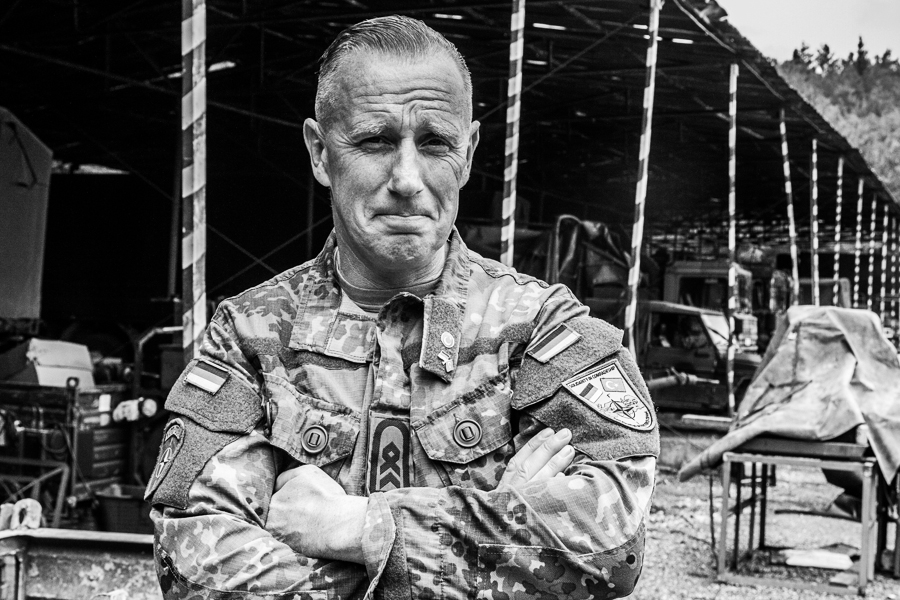
This is Thomas W., technician with the German army. Being part of a Nato-deployment, he was stationed in South Turkey for three months. Look at his shoulders, they tell alot about him – because they are empyty. Thomas W. wears his uniform badge on his breast.
He is a optimistic, funny guy from Hamburg trying to cope with the boredom of this deployment. In the back of the picture you can see the improvised workshop where he and his team tend to the cars and trucks of the German units.
You can read my full (German) report about this Nato-Operation here.
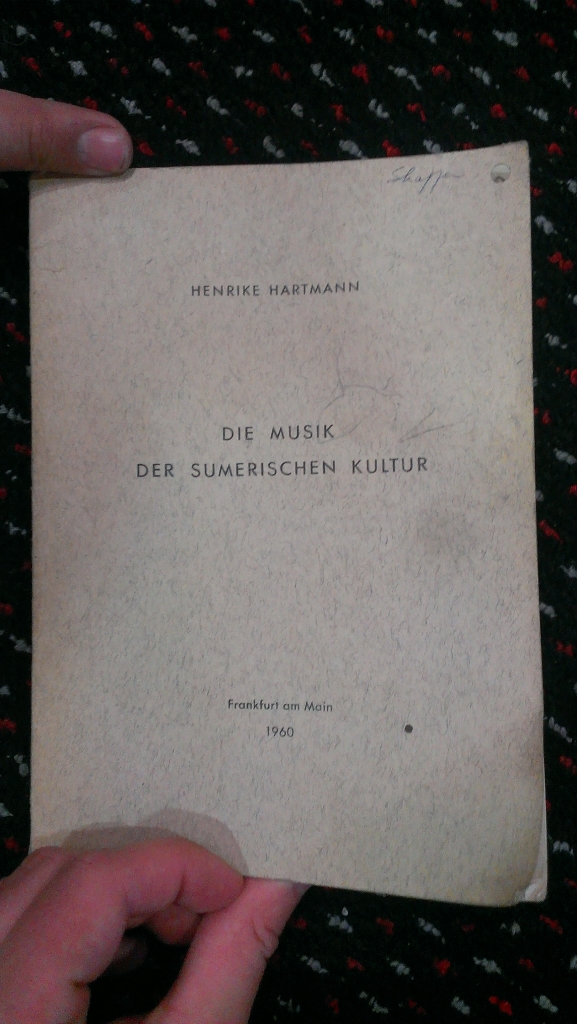
Exactly 80 years ago the Nazis burned books on public squares all over Germany. They burned writings by Erich Maria Remarque, Erich Kästner, Sigmund Freud, Kurt Tucholsky, Karl Marx – to name just a few. It was a portent, typical for every dictatorship: First they wanted to eliminate ideas than they grew bolder and wanted to kill all the people behind them.
It was in Sulaymania, Iraq, that I was reminded of the burning piles of books in Germany. A kurdish musician and his girifriend showed me this German PhD-thesis about the “Music of the Sumerians”. Saddam Hussein had banned the book during his rule. But the couple managed to get a copy from Beirut which they cherished alot even though both could not understand a word of it. The book was a token of their heritage and history.
Saddam Hussein had failed, the Nazis had failed. The empire of mind is stronger than the Third Reich ever was or any brutal regime ever will be.
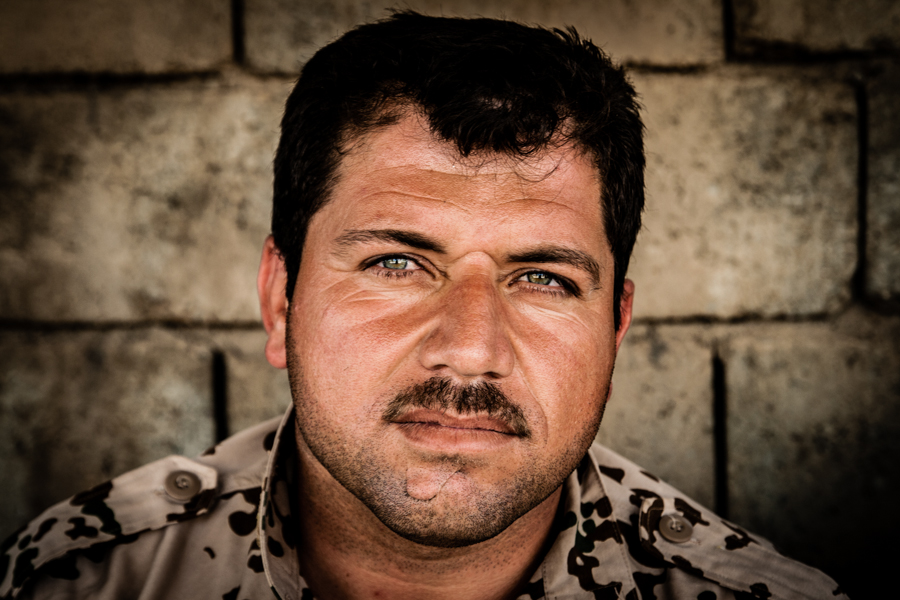
I met Halmat at a dusty bus station in the kurdish city of Koia. When the Americans started Operation “Enduring Freedom” to topple Saddam Hussein in 2003, he helped to liberate the city of Kirkuk. Today he works as a bodyguard of the deputy prime minister Kosrat Rasul, a former general, the “kurdish Che Guevara”, a living legend among the guerilla fighters of Kurdistan. Halmat is a Peshmerga, one of these guerillas.
Halmat speaks Kurd, Arabic and Fars. I do not speak any of his languages. Halmat showed me his duty pass on which all his credentials were printed in impeccable English – traces of the US-invasion. That’s why I know all this.
Route nach Sulaymaniyah, Irak auf einer größeren Karte anzeigen
Me and Halmat shared a cab from Koia to Sulaymania in the farther east of the Kurdistan Region. After we arrived, Halmat wanted to help me find a hotel but did not understand where I wanted to go. So, he handed me without saying a word his mobile phone. A man answered in German: “Hello? What’s up?” I heard a till ringing in the background. The voice on the other end of the phone gave us directions to the hotel. It belonged to Halmats brother who owns a shop in the German city of Aachen. The brother said finally: “Dude, I gotta run. The shop is full of customers. You know what Saturdays are like in Germany.” Oh yes, I know them.
But now, I too know what Saturdays are like in Kurdistan.
